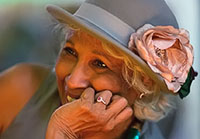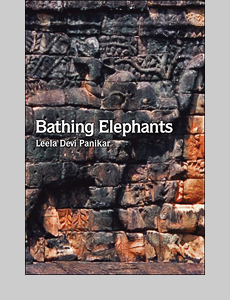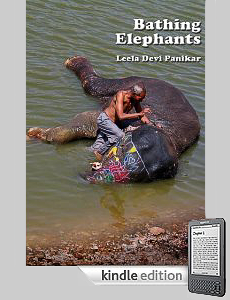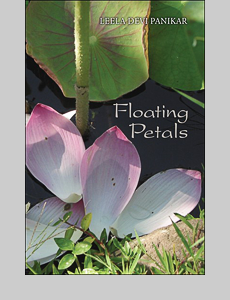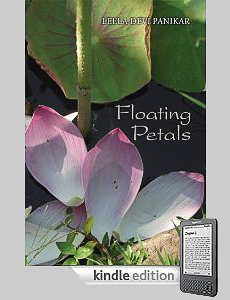Book Review THE VEGETARIAN
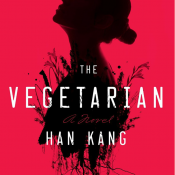
The Vegetarian by Han Kang
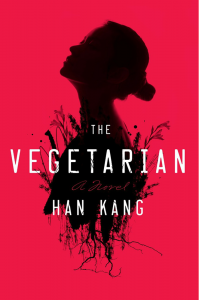
A three-part tale skillfully translated by Deborah Smith.
“The Vegetarian” is not about vegetarianism and it’s not about Korean culture. It’s a compelling, stunning tale of choice. This elegant, poetic writing and story portrays deep insight into the human psyche. The hopelessness of seeing no other escape except to go into oneself. The interesting monologues reveal the space within.
Change in the lives of Yeong-hye and her husband is triggered by bad dreams the wife has. She decides to refrain from eating meat, a drastic decision against ordered social norms, that her her husband and her family can’t accept.
Mr. Cheong chose to marry Yeong-hye because she was “completely unremarkable in every way”. He says, “In keeping with my expectations, she made for a completely ordinary wife who went about things without any distasteful frivolousness” and suddenly distasteful frivolousness hits him like a bolt from the sky. She refuses to cook or eat meat. She refuses to sleep with him as he smells like meat. He becomes repulsive to her. She rejects intimacy.
The more her family insists she cannot make this bizarre choice the more bizarre Yeong-hye’s actions become. Her choice also clashes with the control the autocratic father still has over her. That everyone eats meat and she does not is too drastic for him. In the presence of her husband and family members, in his vile temper, he resorts to violence. He tries to force a piece of meat into her and when she refuses he hits her.
This sets in motion the rest of the tale. When the family does not allow her to be what she wants to be she takes control of her body. She seeks a refuge within herself. She goes deeper into her self with poignant results.
Some readers may find part two a little disturbing. Body painting and images of love-making becomes quite surreal. Art as life. Creative and erotic.
In-hye reveals to her husband the presence of a hidden birth mark on her sister. He is intrigued and becomes quite manic about it. He needs to see it. His obsession leads to some seriously unsettling acts.
There’s much poetic cadence through-out the writing. One silent observation, like a painting: “He hesitated, he’d promised himself he wouldn’t do this, but as she gazed over the pitch–black window he couldn’t stop himself from taking a close-up of her face. The screen filled with her pale lips, the shadowed hollow above her protruding collarbones, her forehead with her dishevelled hair and her two empty eyes.”
Part three is meditative. In-hye, while looking after her sister reflects on her own life. She explores her past. She had always protected and looked after her younger sister. She had sacrificed her own freedom. Her own life had been joyless and without love. “It was a fact she’d never lived. Even as a child as far back as she can remember she had done nothing but endure.”
In-hye, in the midst her sorrow and caring for her sister finds she cannot forgive her sister for “soaring alone over a boundary she herself could never bring herself to cross, unable to forgive that magnificent irresponsibility that had enabled Yeong-hye to shuck off social constraints and leave her behind, still a prisoner.” And before Yeong-hye had broken those bars, In-hye had never even known they were there.
Eventually, Yeong-hye rejects all sustenance, decides to be completely free and has no desire to survive. Having experienced anguish within she decides to give up being human. Become part of nature, become a tree.
In-hye is sad and angry. She says, “I am acting like this because I’m afraid you’re going to die.”
“Why is it such a bad thing to die?“ Yeong-hye asks.
“Why, is it such a bad thing to die?” The question makes the reader stop and ponder.
After reading The Vegetarian I needed to be alone for some time. Go off on my own and contemplate. Give myself permission to get emotional if need be. I could not pick up another novel for quite a few days.
I am now re-reading The Vegetarian, it will warrant a third reading, I am sure.
A complimentary note about the translator Deborah Smith: “She inhabits the prose’s terrible serenity and glacial horror — the translator’s hand never overwhelms or underperforms.”

